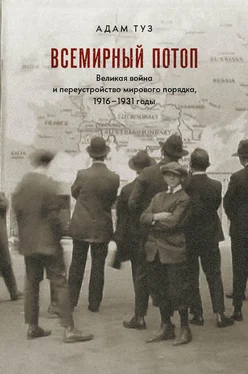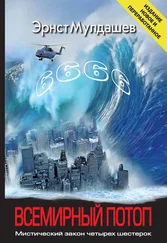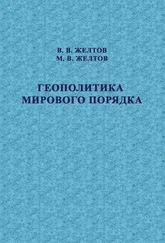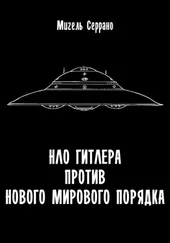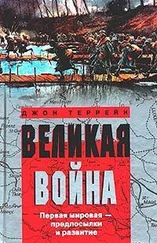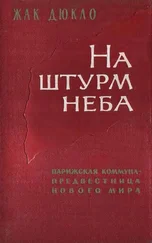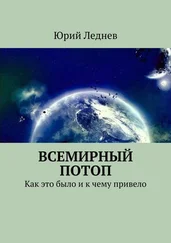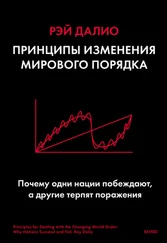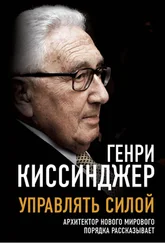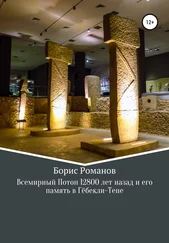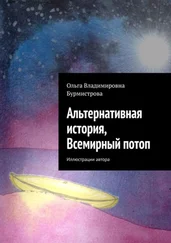F. W. O’Brien, Two Peacemakers in Paris: The Hoover-Wilson Post-Armistice Letters, 1918–1920 (College Station, TX, 1978), p. 65.
PWW, vol. 57, p. 120–130, 316.
D. Stevenson, «France at the Paris Peace Conference», in R. Boyce (ed.), French Foreign and Defence Policy, 1918–1940 (London, 1998), p. 10–29.
G. Dallas, At the Heart of a Tiger: Clemenceau and His World, 1841–1929 (London, 1993), p. 566.
Примеры критики таких компромиссов Пуанкаре см. в: PWW, vol. 58, p. 211–214.
PWW, vol. 57, p. 279.
W. Wilson, The Public Papers of Woodrow Wilson (New York, 1927), p. 523.
Nicolson, Peacemaking, p. 32.
P. Mantoux, The Deliberations of the Council of Four, trans. and ed. A. S. Link (Princeton, NJ, 1992), vol. 1, p. 144–145.
S. Wambaugh, Plebiscites Since the World War (Washington, DC, 1933), vol. 1, p. 33–62, 206–270.
P. Wandycz, France and her Eastern Allies, 1919–1925 (Minneapolis, MN, 1962).
Mantoux, Deliberations, vol. 2, p. 452–455.
E. Mantoux, The Carthaginian Peace – Or the Economic Consequences of Mr. Keynes (London, 1946).
J. Hagen, «Mapping the Polish Corridor: Ethnicity, Economics and Geopolitics», Imago Mundi: The International Journalfor the History of Cartography 62 (2009), p. 63–82.
R. Blanke, Orphans of Versailles: The Germans in Western Poland, 1918–1939 (Lexington 1993).
A. Demshuk, The Lost German East: Forced Migration and the Politics of Memory, 1945–1970 (Cambridge, 2012).
Papers Relating to the Foreign Relations of the United States: Lansing Papers [FRUS: Lansing Papers] (Washington, DC, 1940), vol. 2, p. 26.
Clemenceau, Grandeur, p. 162–163.
FRUS: Lansing Papers, vol. 2, p. 27.
PWW, vol.57, p. 151.
R. Boyce, The Great Interwar Crisis and the Collapse of Globalization (Basingstoke, 2009), p. 52–55.
A. Orzoff, Battle for the Castle: The Myth of Czechoslovakia in Europe, 1914–1948 (Oxford,2009).
D. Miller, Forging Political Compromise: Antonin Svehla and the Czechoslovak Republican Party, 1918–1933 (Pittsburgh, NJ, 1999); W. Blackwood, «Socialism, Czechoslovakism, and the Munich Complex, 1918–1948», The International History Review 21 (1999), p. 875–899.
A. Polonsky, Politics in Independent Poland, 1921–1939: The Crisis of Constitutional Government (Oxford, 1972).
T. Snyder, The Reconstruction of Nations: Poland, Ukraine, Lithuania, Belarus, 1569–1999 (New Haven, CT, 2003).
D. Durand, «Currency Inflation in Eastern Europe with Special Reference to Poland», The American Economic Review 13 (1923), p. 593–608.
N. Davies, «Lloyd George and Poland, 1919–1920», Journal of Contemporary History 6 (1971), p. 132–154.
D. L. George, Memoir of the Peace Conference (New Haven, CT, 1939), vol. 1, p. 266–273.
Boyce, Great Interwar Crisis, p. 51.
M. Mazower, «Minorities and the League of Nations in Interwar Europe», Daedalus 126 (1997), p. 47–63.
Wambaugh, Plebiscites, vol. 1, p. 249.
G. Manceron (ed.), 1885: Le tournant colonial de la République: Jules Ferry contre Georges Clemenceau, et autres affrontements parlementaires sur la conquête coloniale (Paris, 2006).
На что указывает, например, F. Meinecke, Machiavellism: The Doctrine of Raison d’Etat and its Place in Modern History (New Haven, CT, 1962), p. 432.
C. Schmitt, Positionen und Begriffe im Kampf mit Weimar-Genf-Versailles, 1923–1939 (Hamburg, 1940).
H. Winkler, Arbeiter und Arbeiterbewegung in der Weimarer Republik, 1918–1924 (Berlin 1987) p. 185.
C. Schmitt, Positionen und Begriffe im Kampf mit Weimar-Genf-Versailles, 1923–1939(Hamburg, 1940).
G. D. Feldman, The Great Disorder: Politics, Economics, and Society in the German Inflation 1914–1924 (Oxford, 1993) p. 434.
M. Horn, Britain, France, and the Financing of the First World War (Montreal, 2002).
D. Artaud, La Question des dettes interalliées et la reconstruction de l’Europe, 1917–1929(Lille, 1978).
G.-H. Soutou, L’Or et le Sang: Les Buts de guerre économique de la Preminre Guerre Mondiale (Paris, 1989), p. 777–805.
В работе: G. Rousseau, Étienne Clémentel (Clermont-Ferrand, 1998), p. 18; P. Rabinow, French Modern: Norms and Forms of the Social Environment (Chicago, IL, 1995), p. 325, предлагает называть это «умеренным модернизмом».
E. Clémentel, La France et la politique économique interalliée (Paris, 1931).
M. Trachtenberg, Reparation in World Politics: France and European Economic Diplomacy, 1916–1923 (New York, 1980), p. 5.
W. McDougall, «Political Economy versus National Sovereignty: French Structures for German Economic Integration after Versailles», The Journal of Modern History, vol. 51 (1979) p. 4–23.
E. Roussel, Jean Monnet (Paris, 1996), p. 33–44.
F. Duchnne,Jean Monnet (New York, 1994), p. 40; J. Monnet, Memoirs (London, 1978), p. 75.
R. S. Baker, Woodrow Wilson and the World Settlement (New York, 1922), vol. 3, p. 322.
W. R. Keylor, «Versailles and International Diplomacy», in M. Boemeke, R. Chickering and E. Glaser (eds), The Treaty of Versailles: A Reassessment After 75 Years (Washington, DC, 1998), p. 498.
F. W. O’Brien, Two Peacemakers in Paris: The Hoover-Wilson Post-Armistice Letters, 1918–1920 (College Station, TX, 1978), p. 4.
Ibid., p. 156–161.
Trachtenberg, Reparations, p. 34.
S. Lauzanne, «Can France Carry Her Fiscal Burden?», The North American Review 214 (1921), p. 603–609.
A. Lentin, The Last Political Law Lord: Lord Sumner (Cambridge, 2008), 81-104; R. E. Bunselmeyer, The Cost of the War, 1914–1919: British Economic War Aims and the Origins of Reparation (Hamden, CT, 1975).
P. M. Burnett, Reparation at the Paris Peace Conference (New York, 1940), vol. 1, Document 211, p. 777.
Ibid., Document 210, p. 776.
Читать дальше
Конец ознакомительного отрывка
Купить книгу
